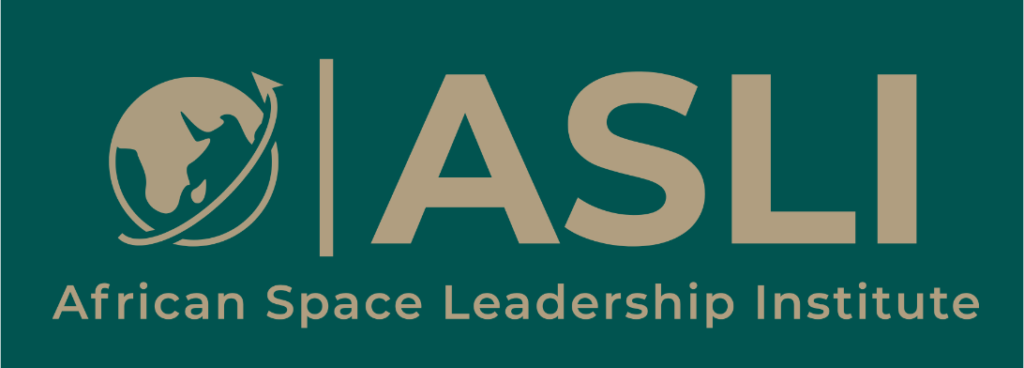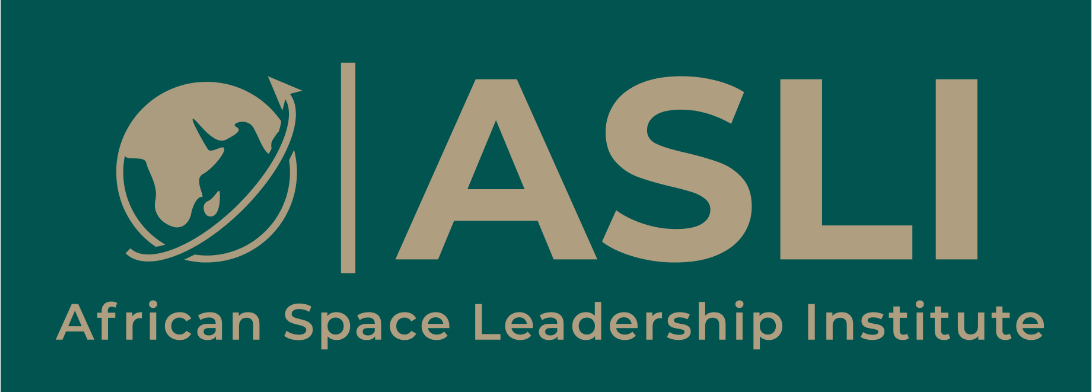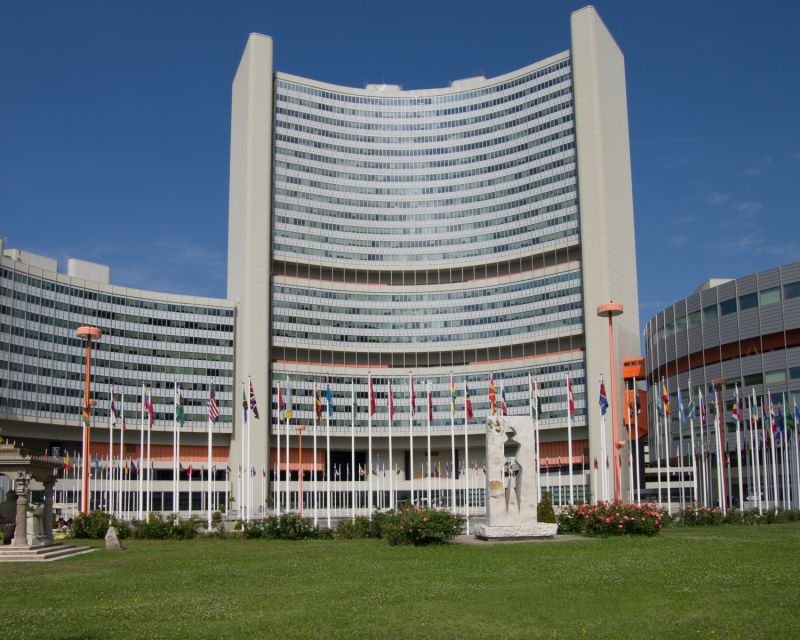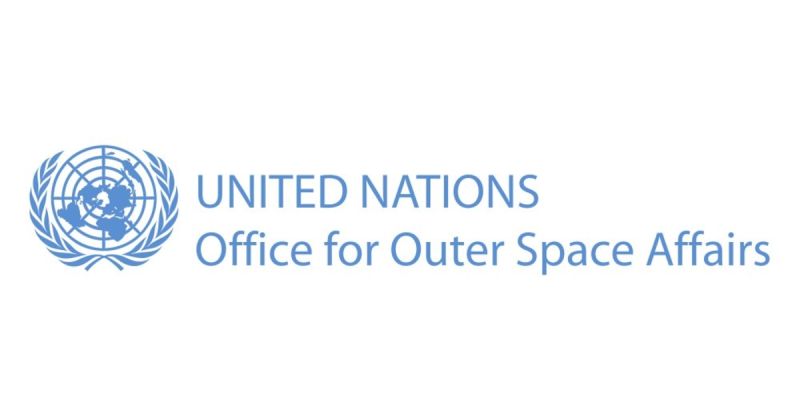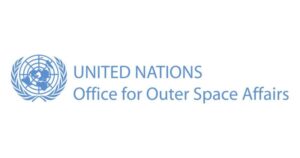 At the request of the UN General Assembly (UNGA), the then Secretary-General, Dag Hammarskjöld, established a small expert unit within the UN secretariat to offer necessary support to the adhoc Committee on Peaceful Uses of Outer Space (COPUOS) that was formed in 1958.
At the request of the UN General Assembly (UNGA), the then Secretary-General, Dag Hammarskjöld, established a small expert unit within the UN secretariat to offer necessary support to the adhoc Committee on Peaceful Uses of Outer Space (COPUOS) that was formed in 1958.
With the expanding work of COPUOS and the need to service its newly formed subcommittees – the Scientific & Technical subcommittee (STSC) and Legal subcommittee (LSC) – the expert unit was enlarged in 1962 and moved to the Department of Political and Security Council Affairs.
In 1968, following a restructuring at the UN secretariat, the Department of Political and Security Council Affairs was renamed Department of Political Affairs. New divisions were carved out including Outer Space Affairs Division and Security Council Affairs Division.
In 1992, the Outer Space Affairs Division (OSAD) was expanded and renamed the Office for Outer Space Affairs (OOSA), which is now popularly called the United Nations Office for Outer Space Affairs (UNOOSA).
In 1993, due to the expanding work of OOSA, the increasing number of space-related meetings in Vienna, Austria, and a spacious UN facility in Vienna, OOSA and some other agencies were relocated from the UN secretariat in New York, to the UN Office at Vienna.
Since its creation, UNOOSA continues to serve as the secretariat of COPUOS and its two sub-committees. Its functions have since expanded to include:
– maintenance of the UN register of objects launched into space;
– maintenance of space-based information and knowledge portal;
– coordination of space themes of UN specialised agencies;
– promotion of international space cooperation;
– capacity building through organising workshops, seminars and symposia;
– rendering of technical assistance to Member States of the UN in setting up national legal and regulatory frameworks;
– implementation of the Programme on Space Applications (PSA);
– management of the United Nations Platform for Space-based Information for Disaster Management and Emergency Response (UN-SPIDER);
– serving as secretariat of the International Committee on GNSS (ICG).
UNOOSA is currently led by Aarti Holla-Maini, with Driss El Hadani as her deputy.
At the ongoing 61st Session of the Scientific and Technical subcommittee, they presented two new initiatives, namely the UNOOSA Leadership Strategy and UNOOSA Space Bridge (USB). See here for an overview of the initiatives.
